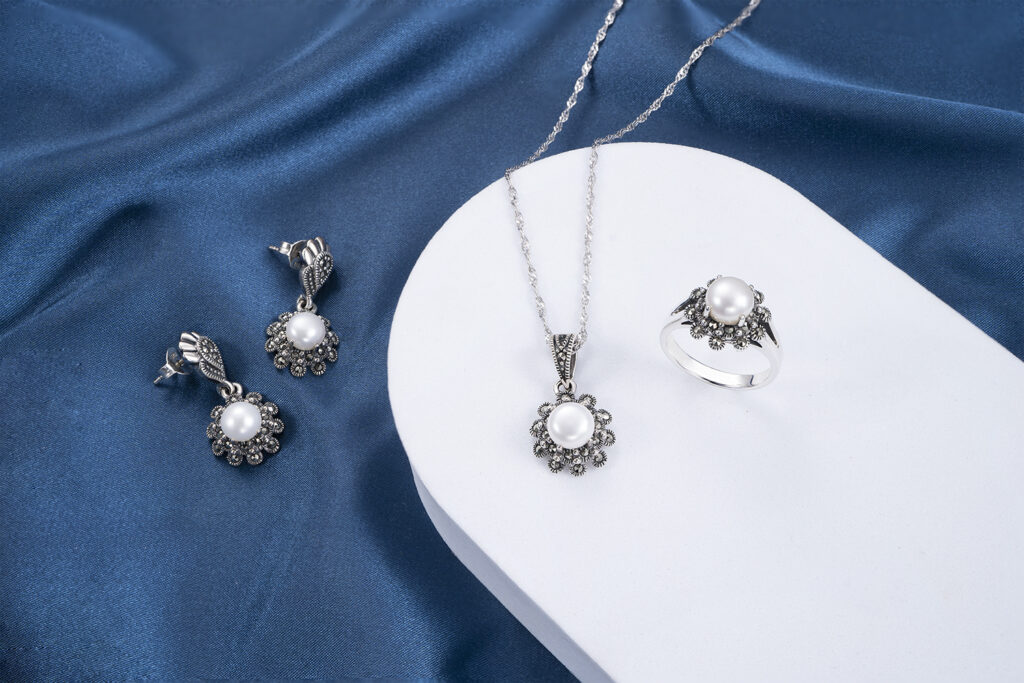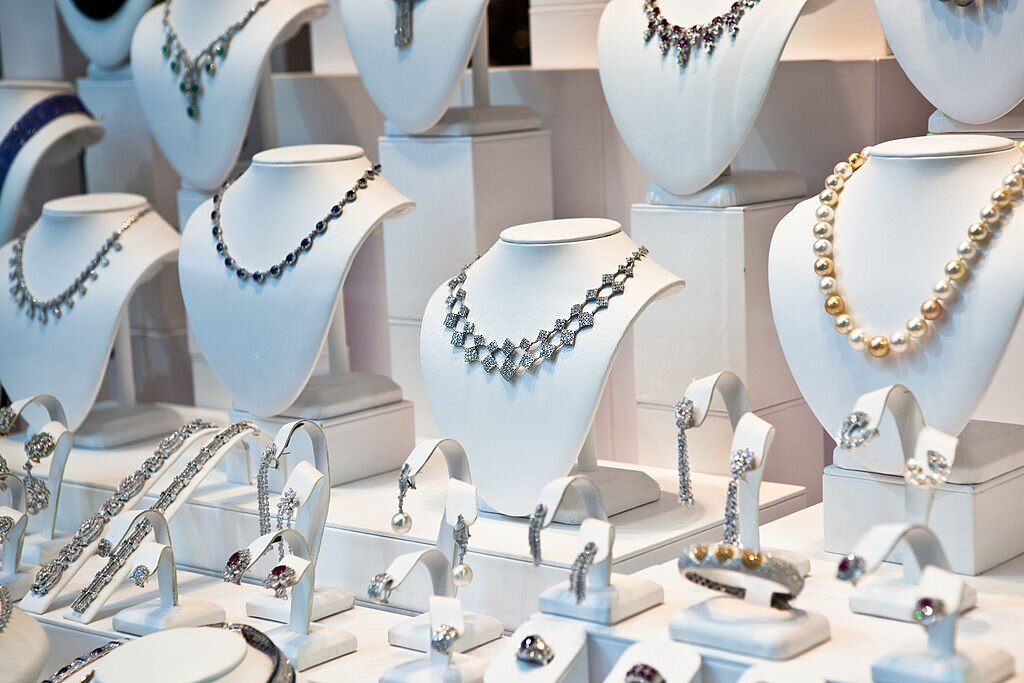Navigating the World of Jewelry Buyers: A Comprehensive Guide
Related Articles: Navigating the World of Jewelry Buyers: A Comprehensive Guide
Introduction
In this auspicious occasion, we are delighted to delve into the intriguing topic related to Navigating the World of Jewelry Buyers: A Comprehensive Guide. Let’s weave interesting information and offer fresh perspectives to the readers.
Table of Content
Navigating the World of Jewelry Buyers: A Comprehensive Guide

The world of jewelry is captivating, filled with glittering treasures and intricate designs. But for those looking to sell their jewelry, navigating the intricacies of finding the right buyer can seem daunting. This guide aims to demystify the process, offering insights into the various types of jewelry buyers, their specialties, and how to choose the right one for your needs.
Understanding the Landscape of Jewelry Buyers
The market for jewelry buyers is diverse, encompassing a range of individuals and businesses with varying expertise and buying preferences. It is crucial to understand these different categories to make informed decisions.
1. Pawn Shops: These are readily accessible options for selling jewelry quickly. They offer a straightforward transaction, with immediate cash for your pieces. However, pawn shops typically pay significantly lower prices than other buyers due to their need to resell the items at a profit. They often specialize in gold and silver jewelry, offering limited value for intricate or designer pieces.
2. Local Jewelry Stores: Many local jewelers purchase used jewelry, often for resale or for sourcing materials. They generally offer a higher price than pawn shops but may be more selective in their purchases. They may specialize in specific types of jewelry, such as vintage pieces or antique diamonds.
3. Online Jewelry Buyers: The internet has revolutionized the jewelry buying landscape, offering a wide array of options. Websites dedicated to buying jewelry, online marketplaces like eBay, and even some individual buyers operate online. The convenience and potential for higher prices are attractive, but it’s crucial to research the legitimacy of the buyer and ensure secure transactions.
4. Estate Jewelry Buyers: These professionals specialize in buying high-end jewelry, often from estates or individuals looking to sell valuable pieces. They typically have a deep understanding of the market and can offer competitive prices for rare or unique pieces.
5. Auction Houses: For exceptional pieces, auction houses provide a platform for reaching a global audience of collectors and buyers. While they may charge commissions, they often offer the highest prices, particularly for valuable and historically significant jewelry.
6. Private Collectors: Enthusiasts with specialized interests in specific types of jewelry, periods, or designers may be willing to purchase pieces directly. Connecting with collectors can be challenging but potentially rewarding, especially for rare or unique pieces.
Factors to Consider When Choosing a Jewelry Buyer
Selecting the right buyer for your jewelry requires careful consideration of several factors:
1. Type of Jewelry: The type of jewelry you have will significantly influence the appropriate buyer. For example, antique rings would be best suited for an estate jewelry buyer, while a simple gold chain might be better suited for a pawn shop.
2. Condition and Value: The condition and value of your jewelry are crucial factors. A well-maintained piece with a clear provenance may attract higher prices from estate jewelry buyers or auction houses. Damaged or worn jewelry might be best suited for pawn shops or local jewelers.
3. Desired Outcome: Your desired outcome, whether it’s quick cash, a fair price, or reaching a specific audience, will shape your choice. Pawn shops offer quick cash, while auction houses provide exposure to a global market.
4. Reputation and Trust: Researching the buyer’s reputation and trustworthiness is vital. Look for established businesses with positive reviews and reliable payment methods.
5. Pricing Transparency: Ensure the buyer provides transparent pricing information and clearly outlines their fees or commissions.
FAQs Regarding Jewelry Buyers
1. What documentation is required when selling jewelry?
Depending on the type of jewelry and its value, you may need to provide documentation such as a purchase receipt, appraisal, or certificate of authenticity.
2. How do I determine the value of my jewelry?
Consult with a reputable jeweler or appraiser to obtain a professional valuation. Online resources and price guides can provide general estimates but are not always reliable.
3. What are the fees associated with selling jewelry?
Fees vary depending on the buyer. Pawn shops typically charge a percentage of the purchase price. Auction houses charge commissions on the final sale price.
4. How do I protect myself from scams when selling jewelry online?
Be cautious of buyers who offer significantly higher prices than market value or request personal information upfront. Use secure payment methods and only work with reputable websites or platforms.
5. Can I sell jewelry that is not in my possession?
Selling jewelry that you do not physically possess is highly risky and can lead to legal complications.
Tips for Selling Your Jewelry
1. Research Thoroughly: Understand the market value of your jewelry and the different types of buyers available.
2. Prepare Your Jewelry: Clean and polish your jewelry to present it in the best possible condition.
3. Gather Documentation: Provide any relevant documentation, such as appraisals or purchase receipts.
4. Compare Offers: Get quotes from multiple buyers to ensure you receive a fair price.
5. Negotiate: Don’t be afraid to negotiate the price, particularly if you have multiple offers.
6. Secure Payment: Choose secure payment methods, such as bank transfers or reputable online payment platforms.
7. Know Your Rights: Understand your rights as a seller and ensure the buyer adheres to legal requirements.
Conclusion
Finding the right buyer for your jewelry requires careful planning and research. By understanding the different types of buyers, their specialties, and the factors to consider, you can make informed decisions and maximize your chances of receiving a fair price for your valuable pieces. Remember, selling jewelry is a process that requires patience, research, and a clear understanding of your goals.







Closure
Thus, we hope this article has provided valuable insights into Navigating the World of Jewelry Buyers: A Comprehensive Guide. We thank you for taking the time to read this article. See you in our next article!
